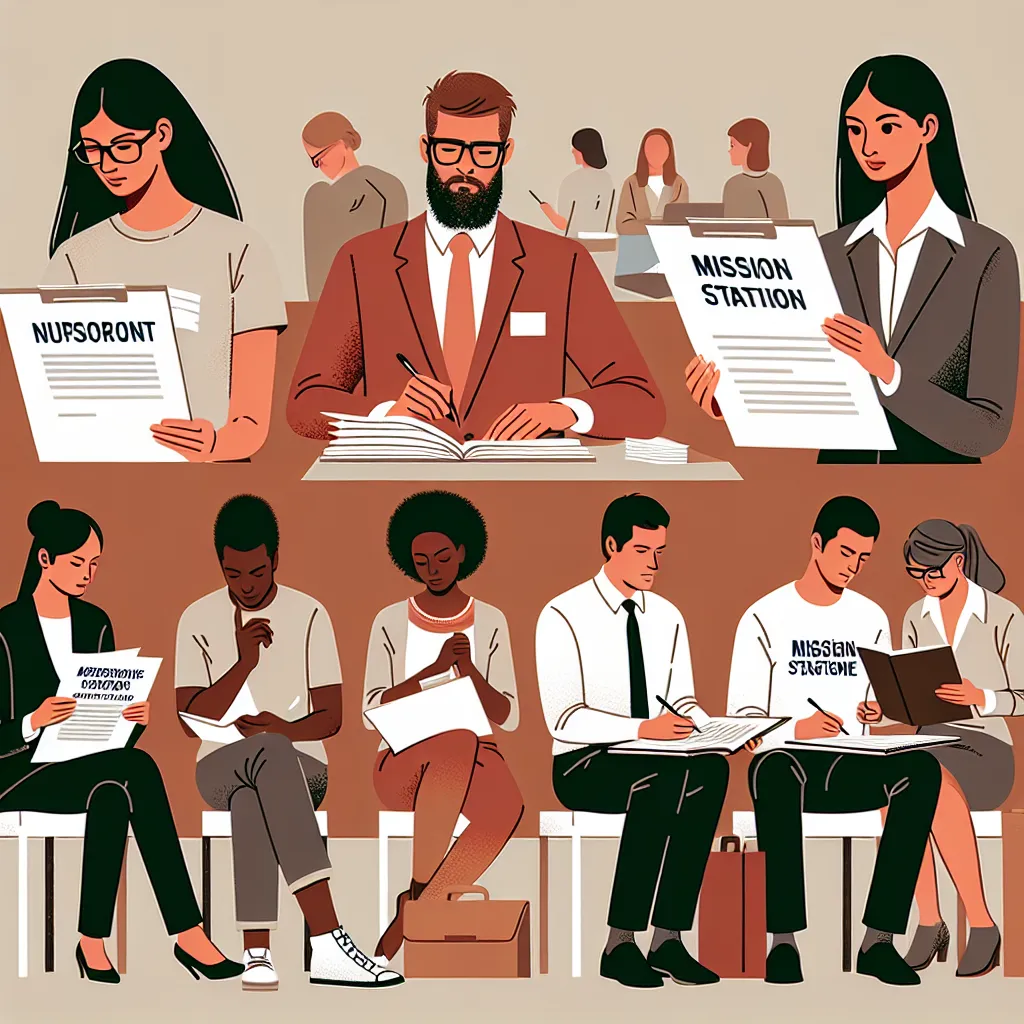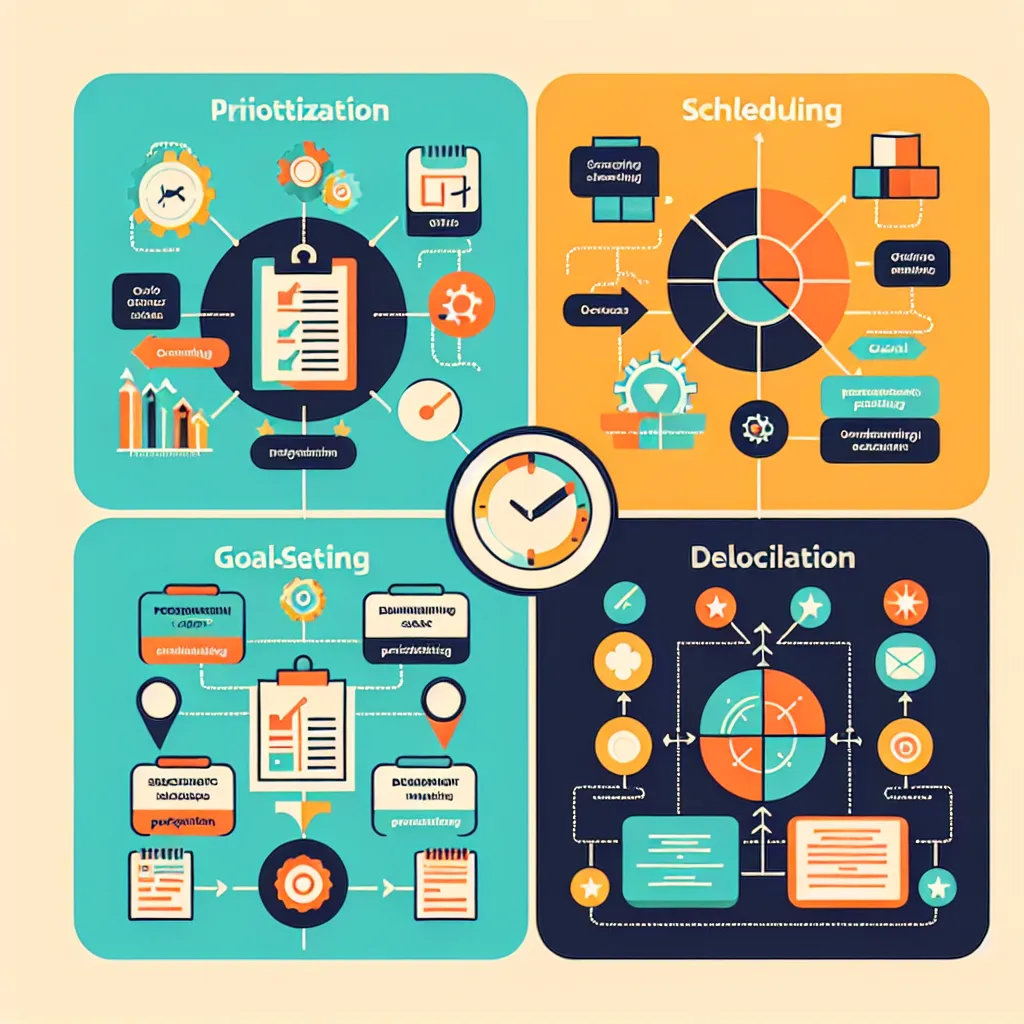In today’s competitive job market, having strong negotiation skills is a valuable asset that many employers seek in potential candidates. When preparing for a job interview, it’s crucial to be ready to discuss your negotiation abilities effectively. This article will guide you through answering questions about negotiation skills, providing insights, examples, and practical tips to help you showcase your expertise confidently.
Understanding Negotiation Skills in the Interview Context
Negotiation skills encompass the ability to reach mutually beneficial agreements in various situations. In a professional setting, these skills are essential for resolving conflicts, securing deals, and managing relationships with clients, colleagues, and stakeholders.
Why Employers Value Negotiation Skills
Employers highly value candidates with strong negotiation skills because:
- They can help resolve workplace conflicts efficiently
- They contribute to better client relationships and business deals
- They often demonstrate strong communication and interpersonal skills
- They can lead to cost savings and increased revenue for the company
 Negotiation Skills Interview
Negotiation Skills Interview
Common Interview Questions About Negotiation Skills
To help you prepare, here are some typical questions about negotiation skills you might encounter in an interview, along with sample answers:
1. “Can you describe a successful negotiation you’ve been involved in?”
Sample Answer: “In my previous role as a sales manager, I negotiated a significant contract with a hesitant client. The client was concerned about our pricing, which was slightly higher than our competitors. I listened carefully to their concerns and then highlighted our superior quality and after-sales support. I also proposed a phased implementation plan that aligned with their budget constraints. By focusing on value rather than just price, I was able to secure a two-year contract that was 15% larger than our initial proposal.”
2. “How do you prepare for an important negotiation?”
Sample Answer: “My preparation for important negotiations involves several steps. First, I research thoroughly to understand the other party’s needs, constraints, and potential objections. I then clarify our own objectives and determine our BATNA (Best Alternative to a Negotiated Agreement). I also prepare various scenarios and potential compromises. Lastly, I practice my presentation and anticipate possible questions or counterarguments. This comprehensive approach helps me enter negotiations confidently and flexibly.”
3. “How do you handle difficult negotiators?”
Sample Answer: “When dealing with difficult negotiators, I focus on maintaining a calm and professional demeanor. I try to understand the underlying reasons for their approach and address those concerns directly. I use active listening techniques to show that I value their input and then strive to find common ground. If emotions run high, I’m not afraid to suggest a short break to allow everyone to regroup. My goal is always to steer the conversation towards a constructive, solution-oriented discussion.”
Tips for Answering Negotiation Skill Questions
- Use the STAR method (Situation, Task, Action, Result) to structure your responses
- Provide specific, quantifiable results whenever possible
- Highlight both your technical negotiation skills and your interpersonal abilities
- Demonstrate your adaptability by discussing negotiations in various contexts
- Show how your negotiation skills have benefited your previous employers
Common Mistakes to Avoid
When discussing your negotiation skills, be careful to avoid these common pitfalls:
- Appearing overly aggressive or competitive
- Focusing solely on “winning” rather than finding mutual benefits
- Neglecting to mention the importance of preparation and research
- Failing to provide concrete examples of your negotiation experiences
- Underestimating the importance of emotional intelligence in negotiations
Follow-up Questions and How to Answer Them
Be prepared for these potential follow-up questions:
1. “How do you handle negotiations when you have limited leverage?”
Suggested Answer: “In situations with limited leverage, I focus on creating value through creative problem-solving. I try to identify non-monetary benefits or alternative arrangements that could be valuable to the other party. Additionally, I work on building a strong relationship and trust, which can sometimes be more influential than formal leverage.”
2. “Can you give an example of a negotiation that didn’t go as planned? What did you learn?”
Suggested Answer: “In a previous negotiation for a supplier contract, I initially focused too much on price reduction without fully understanding the supplier’s constraints. The negotiation stalled, and we risked losing the supplier. I learned the importance of thorough preparation and understanding the other party’s perspective. I re-approached the negotiation with a more collaborative mindset, and we eventually reached a mutually beneficial agreement that included service improvements alongside modest price adjustments.”
3. “How do you maintain relationships after a tough negotiation?”
Suggested Answer: “After a challenging negotiation, I make it a priority to reinforce the relationship. I always thank the other party for their time and effort, regardless of the outcome. I also ensure clear communication about next steps and follow through on any commitments made during the negotiation. If appropriate, I might suggest a casual meeting or call to maintain open lines of communication and address any lingering concerns.”
4. “How do you approach cross-cultural negotiations?”
Suggested Answer: “In cross-cultural negotiations, I prioritize cultural awareness and sensitivity. Before the negotiation, I research the cultural norms, business practices, and communication styles of the other party. During the negotiation, I remain patient, flexible, and open to different approaches. I also pay close attention to non-verbal cues and am not afraid to ask for clarification to avoid misunderstandings.”
5. “How do you balance assertiveness with maintaining a positive relationship in negotiations?”
Suggested Answer: “Balancing assertiveness and relationship-building is crucial in negotiations. I achieve this by clearly communicating my position and objectives while also actively listening and showing respect for the other party’s viewpoint. I focus on the issues at hand rather than personal attacks, and I always look for ways to create value for both sides. This approach allows me to be firm on the substance of the negotiation while remaining flexible and cooperative in the process.”
Conclusion
Effectively communicating your negotiation skills in an interview can significantly enhance your candidacy for many positions. By preparing thoughtful responses to common questions, providing specific examples of your experiences, and demonstrating your understanding of negotiation principles, you can showcase your value as a potential employee. Remember to highlight not only your ability to achieve favorable outcomes but also your skills in building and maintaining positive relationships throughout the negotiation process.
For more interview preparation tips, check out our articles on how to talk about your conflict resolution skills and how to discuss your interpersonal skills in an interview. These resources will help you present a well-rounded profile of your professional capabilities during your next job interview.




